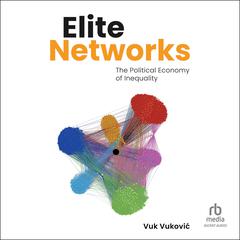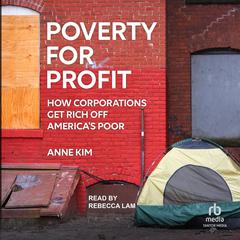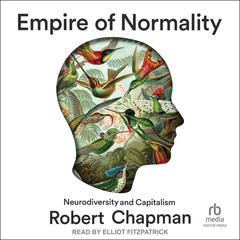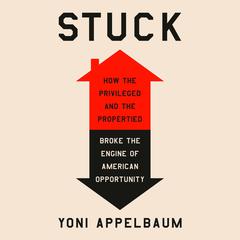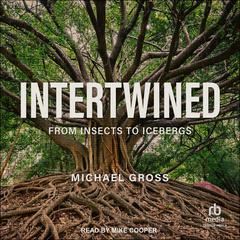 Play Audiobook Sample
Play Audiobook Sample
La gran gripe: La pandemia más mortal de la historia Audiobook
 Play Audiobook Sample
Play Audiobook Sample
Quick Stats About this Audiobook
Total Audiobook Chapters:
Longest Chapter Length:
Shortest Chapter Length:
Average Chapter Length:
Audiobooks by this Author:
Publisher Description
El arma más fuerte contra la pandemia es la verdad. He aquí el relato definitivo de la epidemia de gripe de 1918. Magistral en su amplitud de perspectiva y profundidad de investigación, La gran gripe nos proporciona un modelo preciso y esclarecedor ahora que nos enfrentamos a nuevas pandemias. Como concluye Barry: «La última lección de 1918, una simple pero la más difícil de ejecutar, es que los que tienen autoridad deben conservar la confianza del público. La forma de hacerlo es no distorsionar nada, no tratar de poner la mejor cara, tratar de no manipular a nadie. Lincoln lo dijo el primero y lo dijo mejor. Un líder debe hacer concreto cualquier horror que exista. Solo entonces la gente podrá desarmarlo». En el apogeo de la Primera Guerra Mundial, el virus de la gripe más letal de la historia estalló en un campamento del Ejército estadounidense en Kansas, se trasladó al este con las tropas, luego explotó y mató a unos cien millones de personas en todo el mundo. Mató a más personas en veinticuatro meses que lo que el sida ha asesinado en veinticuatro años, más en un año que la gente muerta por la peste negra en un siglo. Pero esto no era la Edad Media, y 1918 marcó la primera colisión de la ciencia y la enfermedad epidémica. La gran gripe es, en última instancia, una historia de triunfo en medio de la tragedia. ENGLISH DESCRIPTION In the winter of 1918, at the height of World War I, history's most lethal influenza virus erupted in an army camp in Kansas, moved east with American troops, then exploded, killing as many as 100 million people worldwide. It killed more people in twenty-four weeks than AIDS has killed in twenty-four years, more in a year than the Black Death killed in a century. But this was not the Middle Ages, and 1918 marked the first collision between modern science and epidemic disease. Magisterial in its breadth of perspective and depth of research, THE GREAT INFLUENZA weaves together multiple narratives, with characters ranging from William Welch, founder of the Johns Hopkins Medical School, to John D. Rockefeller and Woodrow Wilson. Ultimately a tale of triumph amid tragedy, this crisis provides us with a precise and sobering model as we confront the epidemics looming on our own horizon.
Download and start listening now!
La gran gripe Listener Reviews
Be the first to write a review about this audiobook!
About John M. Barry
John M. Barry is a prize-winning and New York Times bestselling author whose books have won several dozen awards. In 2005 the National Academies of Science named The Great Influenza as the year’s outstanding book on science or medicine. His other books have won the Francis Parkman Prize of the Society of American Historians and have been named a finalist for the Los Angeles Times Book Prize. He has had considerable influence on both pandemic policy and flood protection. Both the Bush and Obama administrations sought his advice on influenza preparedness and response, and he was a member of the original team which developed plans for non-pharmaceutical interventions to mitigate a pandemic. The National Academies of Science asked him to give the keynote speech at its first international scientific meeting on pandemic influenza, and he was the only non-scientist on a federal government Infectious Disease Board of Experts.
About Bern Hoffman
Iva-Marie Palmer is the author of The Summers and The End of the World as We Know It. She grew up in Chicago’s south suburbs and now lives in Los Angeles with her husband.












